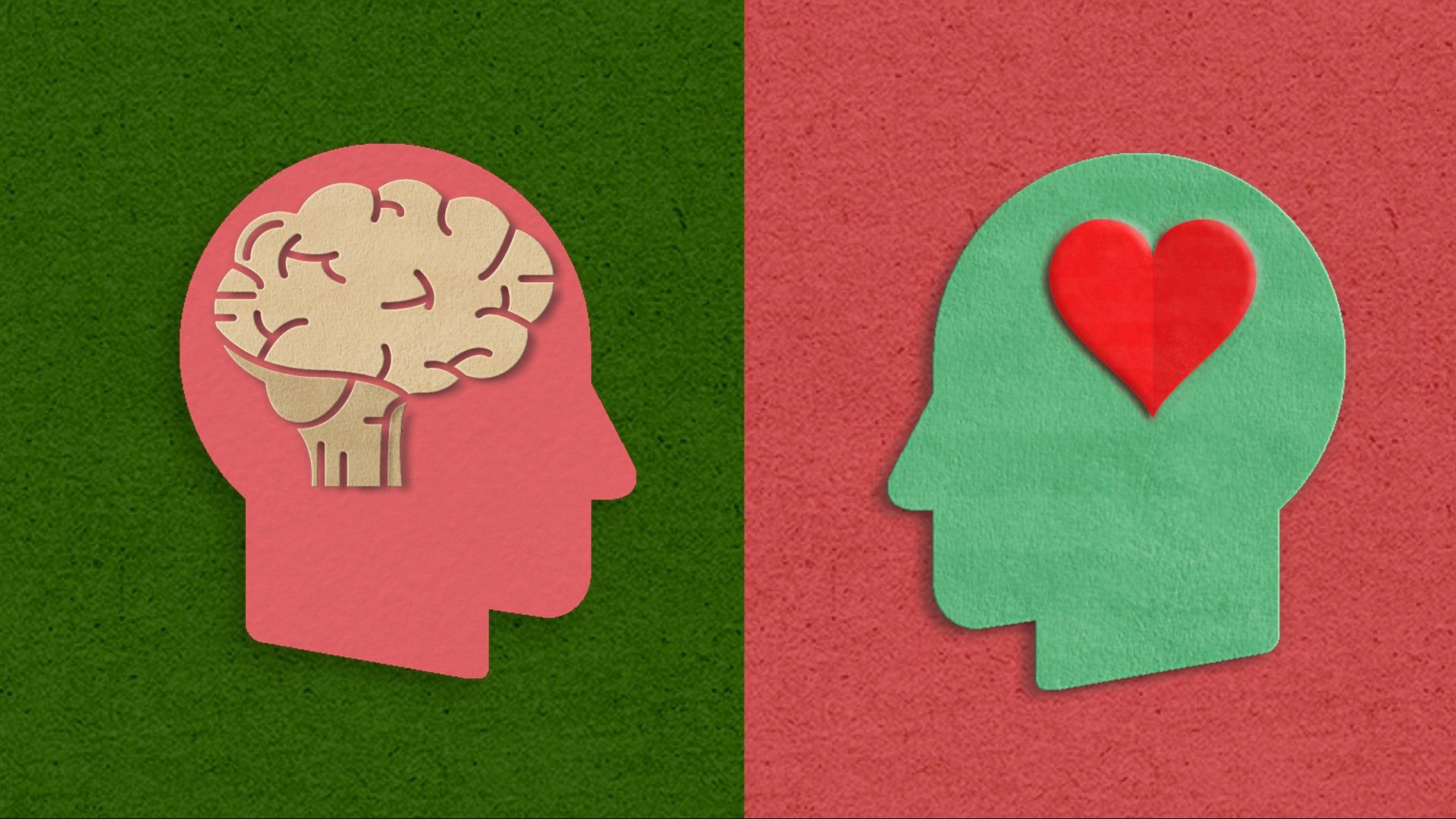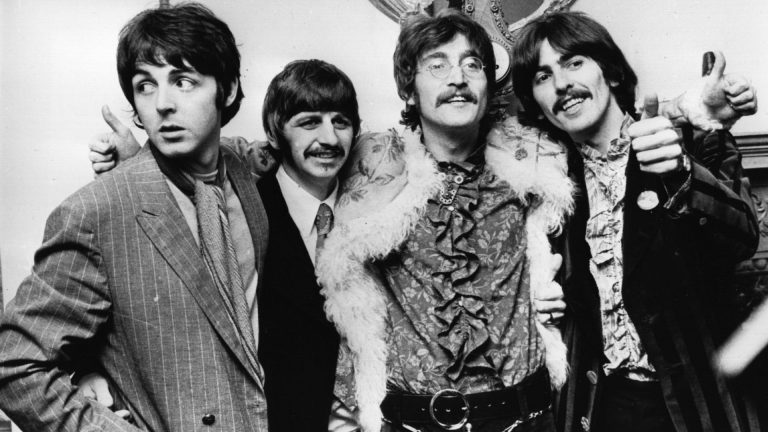Brexit was caused by an excess of emotions, by people voting with their hearts rather than their heads. Right?
Or perhaps it was that positive emotions towards Europe weren’t mobilised until after the referendum. By which time they were streaked with grief for the relationships and futures that had been squandered.
Either way, Brexit created a particularly emotional time in British politics, marked by widespread anxiety, relationship breakdown, incivility and anger.
Right?
Perhaps.
These are all examples of stories about emotion that became common in public discourse around the time of the referendum. There were plenty of others. The Leave vote represented the long-suppressed and authentic feelings of the people — and it was a cry for help from those whose material needs had been neglected. The Remain campaign was driven by fear and pessimism – and its failure led to a temper tantrum from those used to getting their way.
Feelings seemed to have suddenly erupted into political life in an unprecedented, uncontrollable and frankly dangerous way. The media reported the triumph of passion over reason. Politicians debated the unleashing of public anger, prejudice and hate. Therapists provided guidance for navigating difficult feelings in homes and workplaces. And political scientists rushed to consider the impact of ‘emotion’ on voting models that had assumed a more rational, less emotionally invested electorate.
In our new book, The Politics of Feeling in Brexit Britain (Manchester University Press), we look at how these stories, and others like them, circulated. Using the Mass Observation Project – which collected long-form subjective accounts from hundreds of members of the public, during and after the referendum — we show how these stories shaped the way people understood their own emotions and those of others.
This is not to say that they did not feel the emotions they described: the joy, the anxiety, the anger, the grief. They certainly did. But the way they understood and narrated those feelings, and particularly how they imagined the feelings of others, was unavoidably shaped by the narratives and tropes they encountered around them.
It is also not to say that Brexit should not have elicited deep feelings. There were huge material consequences at stake, which have impacted all our lives, and irrevocably altered the course of many. But the same is true for many issues – and yet the debates over Brexit came to be seen as exceptionally and primarily emotional.
The way we understand emotions is political. In fact, even understanding something as emotional is political. This is true on both sides of the political spectrum. Common-sense pragmatism may be unmasked as populist passion, and ethical commitments dismissed as ‘bleeding-heart’ sentiment. But both might also be reclaimed as ‘good’ emotions: pride or compassion.
In the case of Brexit, this was the basis of the double-edged tropes of the passionate Brexiteer and the grieving Remainer. In both cases, strength of feeling both conveyed and undermined political legitimacy. Yet, while emotion could be a badge of authenticity and also an accusation, lack of emotion did not work in the same way. Voters on both sides of the debate praised their own rationality, but neither accused the other of acting without feeling. Reason, it seems, is too powerful a political claim to cede to the other side – no matter how disparagingly.
More surprisingly, Mass Observers rarely articulated a distinction between ‘head’ and ‘heart’ – despite the prevalence of this narrative in media accounts. Instead, they turned to an altogether messier organ: the gut. References to ‘gut feelings’ came up time and time again, as writers tried to express the combination of thinking, feeling and intuition that they were weighing as they decided how to vote. But they often did so reluctantly and apologetically, regretting the lack of trustworthy or impartial information they would need to make a purely rational decision. Rather than choosing to follow their feelings in defiance of facts, then, voters often turned to them as the next best thing: a seemingly apolitical and irrefutable resource, detached from the machinations of the various campaigns.
Once voting decisions are understood as the expression of our authentic inner selves, there is little room left for debate. Hence we also saw the self-perpetuating idea that feelings had exceeded the normal bounds of politics, that they had become uncontrollable, ungovernable and unbridgeable. Mass Observers recounted awkward encounters with neighbours and colleagues, and painful clashes with friends and family. Some agonised about the moral duty to cut off loved ones whose (long-held) views seemed newly unacceptable. Many more avoided political talk altogether.
After reading hundreds of deeply personal accounts of the strains of navigating the EU referendum and its aftermath, our overwhelming impression is that it’s not feelings that are the problem, but the incompatible stories we tell about them. During the referendum these included: that feelings should be suppressed in favour of reason, but also that they had been neglected by politicians for too long; that managing negative emotions (“doomsters and gloomsters”) could overcome social and political problems, and also that negative emotions are involuntary responses to external reality (of being “left behind”); that feelings are dangerous and destabilising, but also that they are authentic reflections of our inner selves.
All of these stories have a history – not least the idea that emotions are separate from rational and ethical judgements (in the 18th century these happily co-existed as “moral sentiments”). They also all have political consequences. Trying to hold them all simultaneously has proved particularly toxic.
But the accounts of Mass Observers also show that we are not at the mercy of the stories we hear. Yes, respondents internalised popular stereotypes, but they also resisted, rejected and remade them. Of course, they drew on public narratives to make sense of their own feelings and those they encountered or imagined around them. But they also found them inadequate in capturing the reality of their own experiences, and their relationships with others.
It is in this gap that we find hope.
The Politics of Feeling in Brexit Britain by Jonathan Moss, Emily Robinson and Jake Watts is published on January 16 by Manchester University Press









